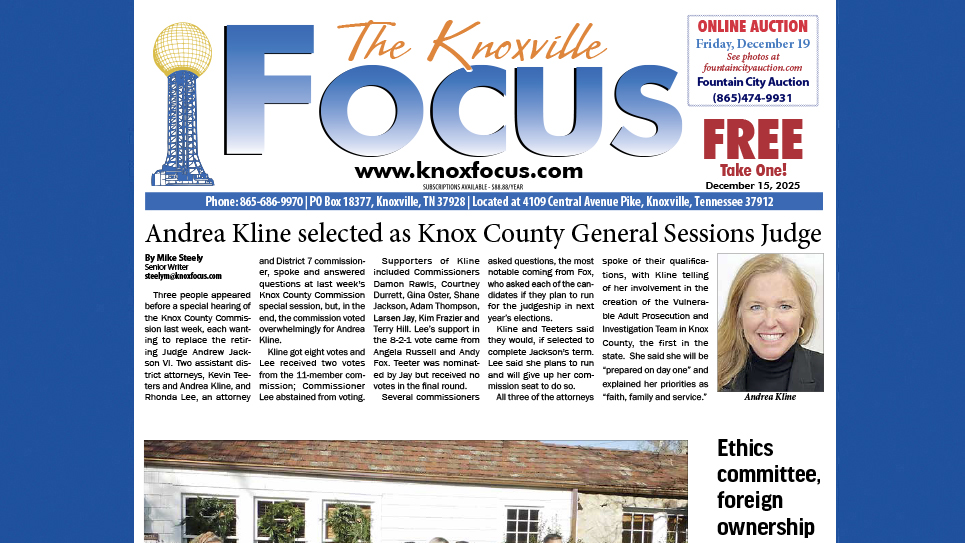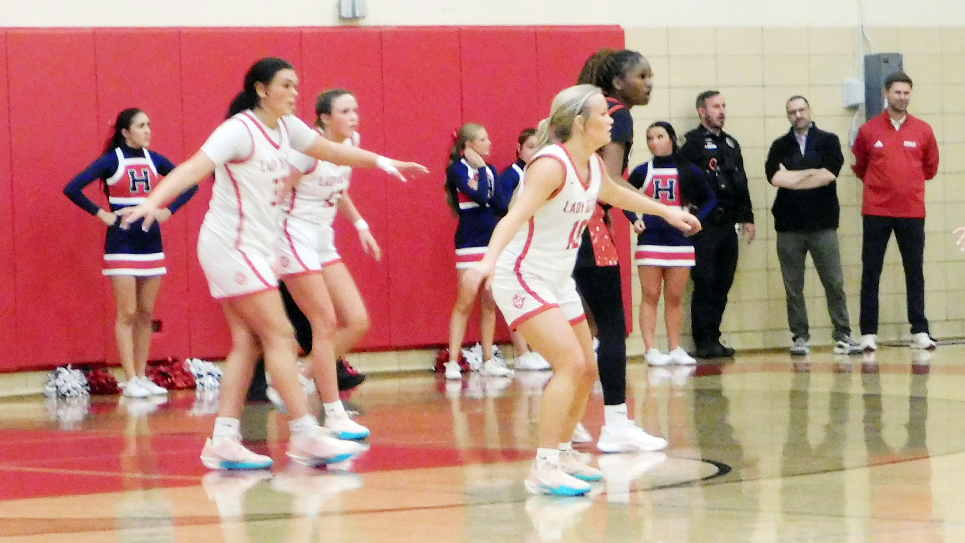By Mark Nagi
From time to time, we like to catch up with a prominent member of the sports media. Recently I had the chance to speak with best-selling author Jeff Pearlman. His latest book, “Three Ring Circus,” goes into great detail about the Los Angeles Lakers from 1996-2004. They won three straight NBA titles from 2000-2002. The book is available everywhere on September 22.
The Knoxville Focus: You’ve written books about some of the most memorable and controversial teams of this era (1986 Mets, 1990s Cowboys). Why did you want to write about the Lakers dynasty of the early 2000s?
Jeff Pearlman: Honestly—because it just struck me as this untapped reserve of amazing material, all revolving around an all-time sports dynasty with larger-than-life stars coached by one of the greatest talent manipulators ever to grace a basketball court. I mean—Shaq! Kobe! Phil! Mike Penberthy! It’s all there. And it’d never really been done before.
KF: How did Phil Jackson’s stops in Albany and Puerto Rico prepare him for his time with a team like the Lakers? Like the Bulls, there were massive egos he had to figure out ways to make work together…
JP: I think it taught him how to be a coach. A lot of former players try coaching and stink at it. Because, really, it’s not always easy to teach how to do what you do. That’s why so many of sports greatest make for terrible coaches and managers. How was Ted Williams going to work with a .210 hitter? How was Bill Russell going to show a 6-10 clomper how to post up? Jackson wasn’t a star, but he was a high-level player. So, I think working inside the margins of pro hoops gave him a chance to develop his teaching skills.
KF: Kobe Bryant’s legacy is certainly tarnished to some from the events of Eagle, Colorado… but most basketball fans have seemed to put that aside in their reverence… is it simply a case of winning trumps all?
JP: Maybe, and a little bit of time healing old wounds, and also perhaps the story of a young man growing into himself and seeming to because of a high-quality father and husband. I dunno. We all love comebacks. We’re suckers for them, whether we admit it or not. So, I believe—even with alleged rape—we want to see people do good and rebound. I’m not saying that’s right. Or wrong. But it’s how we tick.
KF: The Bulls dynasty that preceded the Lakers has taken on a somewhat mythical status in American sports. Do the 2000-2002 Lakers kind of get overshadowed because of the lofty MJ status?
JP: I dunno—I think a bigger shadow was Kobe’s later success sans Shaq. It almost lessons the impact of those Shaq-Kobe years, because what Kobe did without the big man was pretty miraculous and unexpected. But I’d also make the point that I don’t believe those teams have been forgotten. Google “Shaq” and “Kobe”—and you’ll get millions of hits. I live in SoCal, and people still worship and pine for those teams.
KF: Shaquille O’Neal seems to have a complicated legacy. Personable, caring and charitable, yet egotistical and selfish in other respects…
JP: Disagree. He definitely had multiple sides, but I’d say his legacy is as a dominant, beloved big man who treated teammates very well and knew to enjoy and embrace the fleeting nature of a career in pro sports. Did he have an ego? Certainly. Could he be selfish? On the court, perhaps a bit. But, for me, his No. 1 legacy is as this ubiquitous presence of joy who—more than a decade after his career ended—is still embraced. Maybe more now than ever.
KF: You laid it out in the book pretty well… but was there any way the Shaq/Kobe marriage could have worked past 2004?
JP: No. And that’s 100 percent on Kobe. He wanted to be the star. He needed to be the star. He didn’t want to take a back seat to Shaq or play little brother. And I get it, because pro sports is the terrain of egos. But 2004 Kobe—for all his positives (and there are many)—could no longer exist in Shaq’s shadow. And that was that.
KF: I didn’t realize how hated those Lakers were within the league, especially the disdain many hold for Jackson to this day. Was it his personality? His penchant for only coaching teams with the best talent? His abrasive nature? A combination?
JP: He could be really arrogant and dismissive and demeaning. I love the guy. Awesome to hang with, very smart, wide-ranging discussions. But he thought he was better than the other NBA coaches, and he made that clear. His only defense? He was right.






